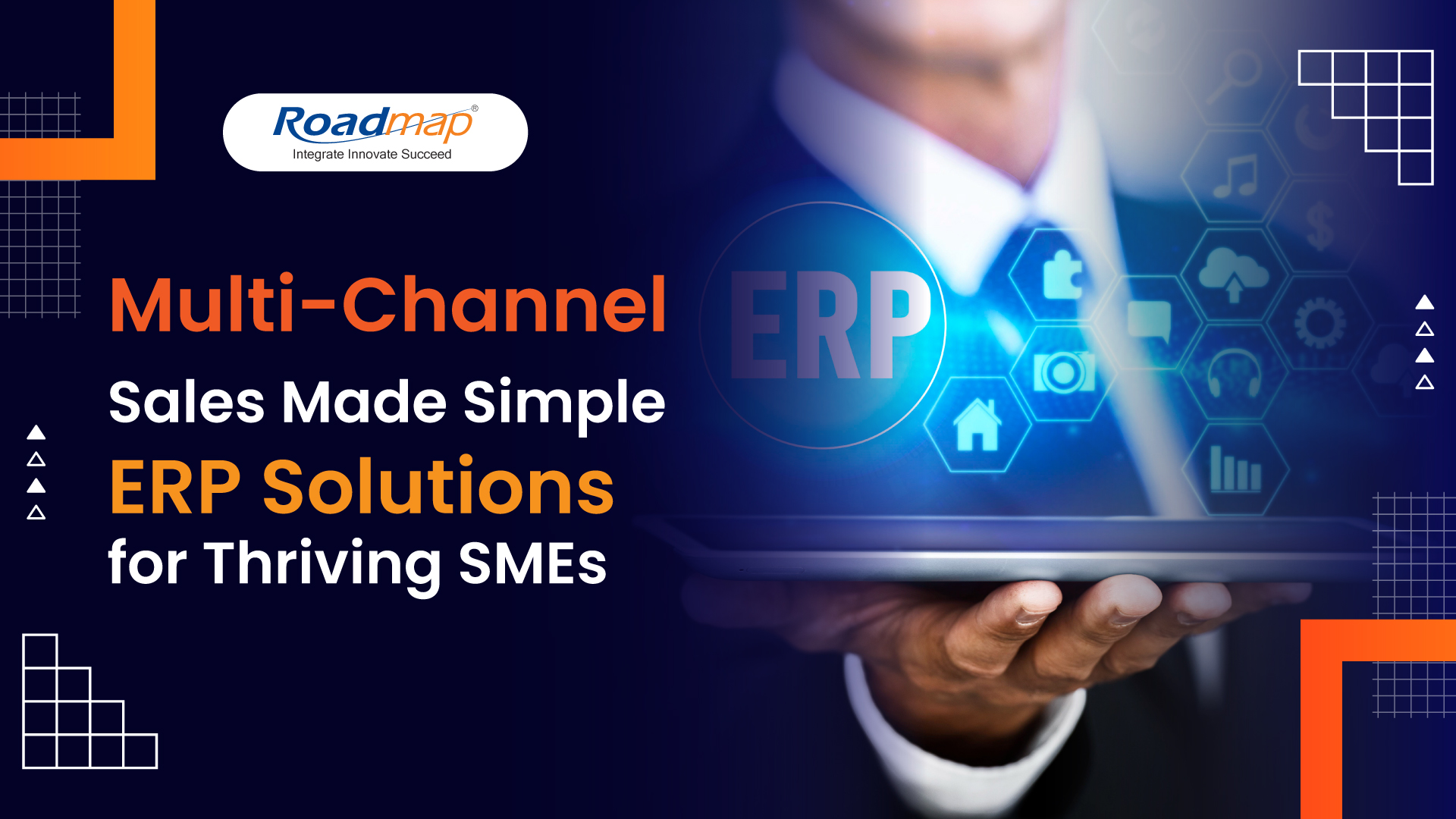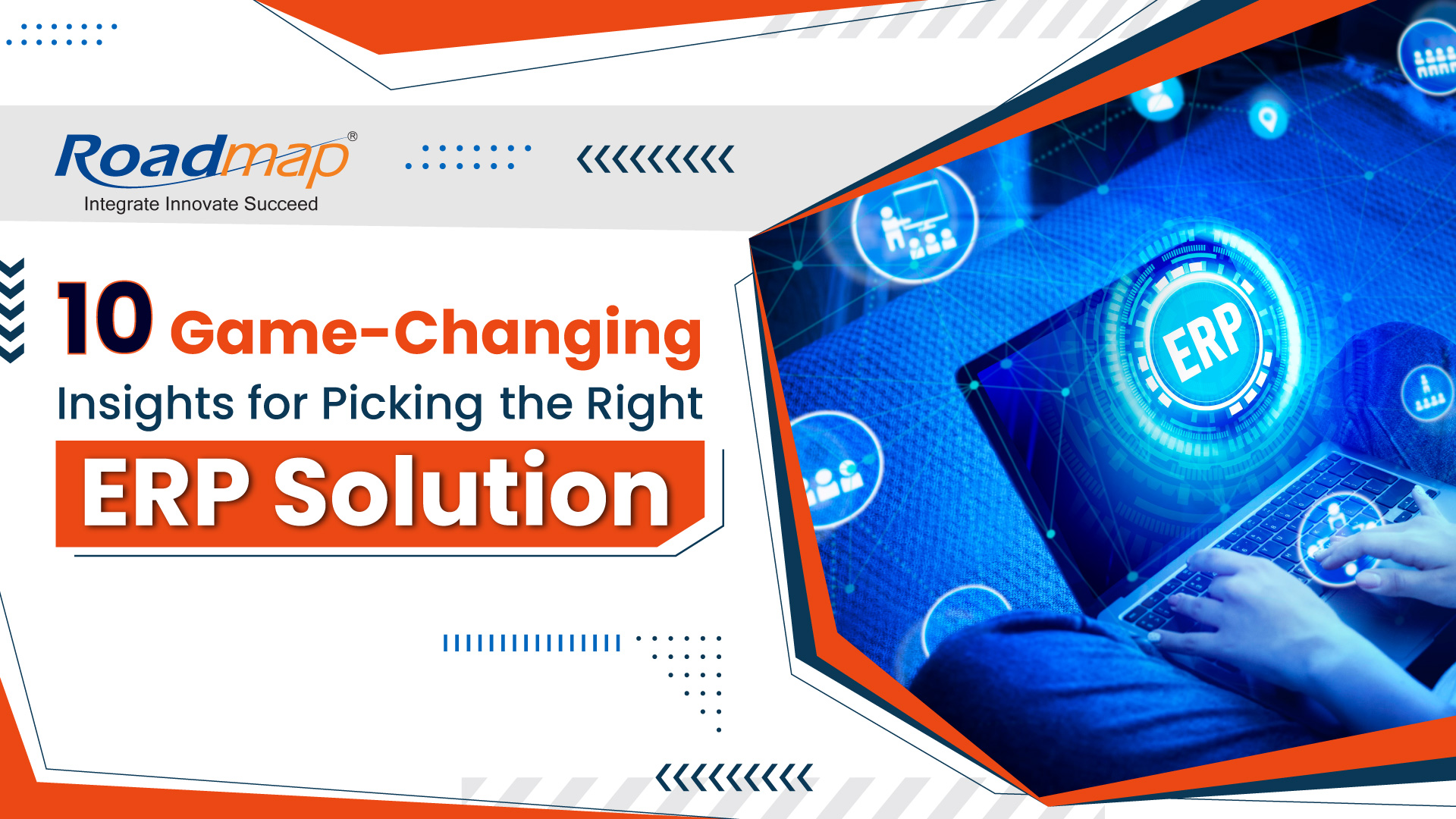
- Julius Rassou
- 25-Sep-2017 12:11:29
Full-Suite ERP’s Most Amicable Solution for Project Management
Introduction
A Project is a stand-alone temporary
workflow stipulated by definite start and end dates, and resources; typically devised
to meet the unusual requirements of usual Production processes. Projects encompass diverse technical skills, tools, and management strategies
for its realization. Project Management (PM) ERP solution brings together these diverse
aspects, and ensures their harmonious functioning
right
from Project inception, through Planning, Executing, Monitoring &
Controlling, up till its successful accomplishment, and
subsequent closure. The complete processing of the Project is seamlessly and
comprehensively directed by the PM system, to be carried out within its defined start
& end dates, budget, and resources.
Choice of PM solutions
Project Management ERP is available as
dedicated/independent units, and also as an integrated module in most
full-suite ERP software. It is preferable to opt for full-suite ERP software
with integrated PM solution, which is a definite advantage for Projects that
also involve Project Manufacturing, the manufacture of materials for the
Project’s purpose.
Project Manufacturing
Projects that also include
the production of material for its composition can only be digitized by full-suite
ERP systems integrated with Project Management module. Almost the entire ERP,
to be precise; the Supply Chain Management, Planning and Manufacturing, Cost
Management, Plant maintenance, Budget Management, and Human Resources suites;
and Business Intelligence service, perform in tandem with the PM unit to
effectively and efficiently accomplish Project Manufacturing.
On-Time & Within-Budget
Project Closure
High-end full-suite ERP
software solutions like Roadmap
ERP come
with PM modules that are capacitated to calculate overall project costs as well
as classified costs such as task-wise, milestone-wise, and resource-wise costs.
This feature empowers Project Heads to apply necessary alterations to selective
or overall expenses when and where required and ensure the completion of the
project within its budget.
The module compares
current project status with the actual plan and manifests the results of project
history, project status, and project progress in the form of easy to interpret
graphical representations of real-time Key Performance Indicators (KPIs); through
Business Intelligence service. This enables Project Managers to adjust
schedules or apply necessary alterations to resources to keep the project on
track and actuate on-time completion of the Project.
Conclusion
Project Management ERP solution digitizes,
integrates, and selectively automates back-office processes. Further, it ascertains
the seamless flow of information to enable anytime access to real-time data; thus,
empowering business decision makers and Project managers to make data-driven
accurate decisions to actuate on-time and within budget Project completion. The ability of the system
to evaluate the success rate of Projects and assess the quality of finished
goods or solutions, based on certified standards and client approval statuses; makes
sure that a history of Project success rate is registered and maintained, in
order to serve as precedent for future Projects.




